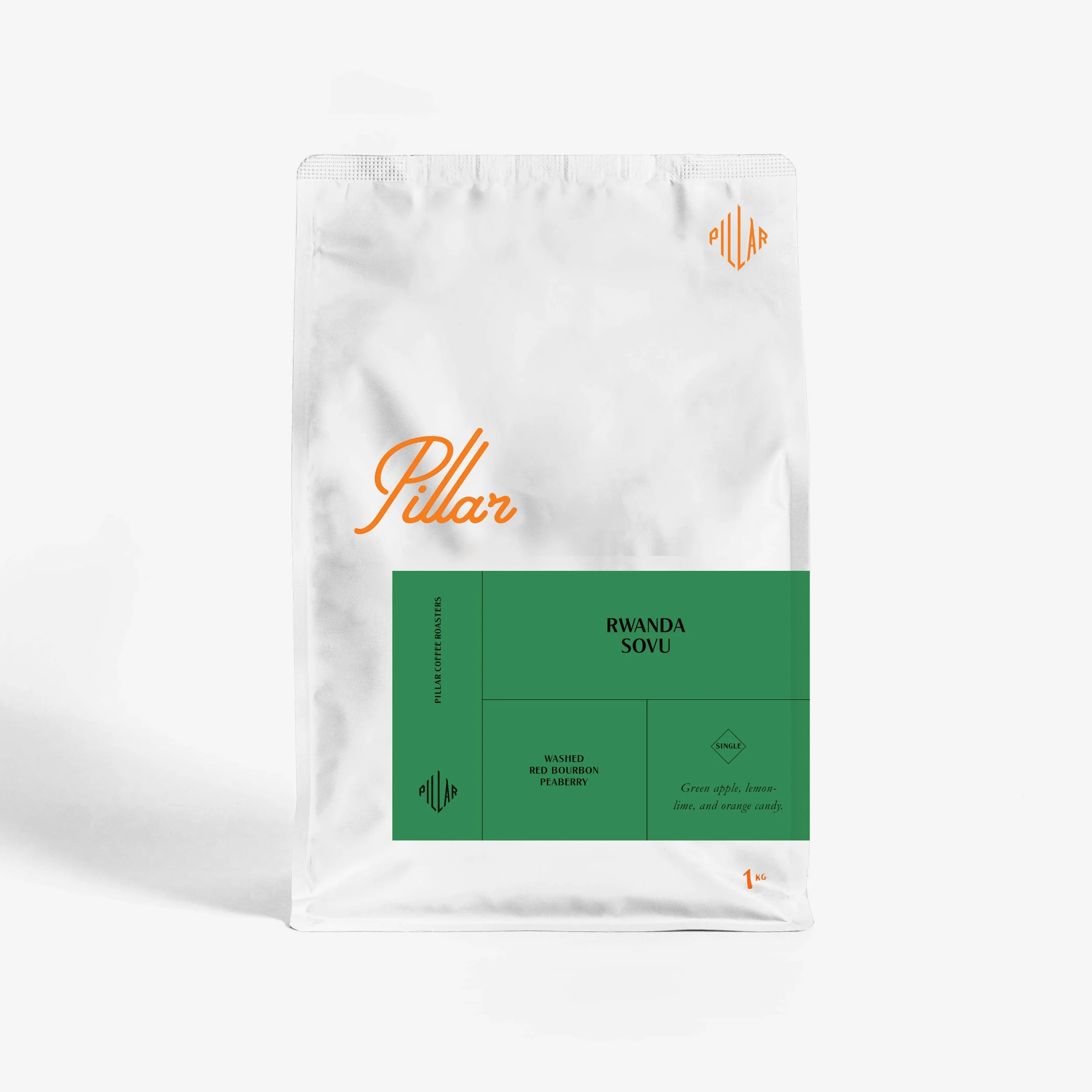Uganda Muyanda Anaerobic - Filter


Uganda Muyanda Anaerobic - Filter
Uganda
Muyanda
Zukuka Bora
Mbale
1500masl
SL14 & SL28
Anaerobic fermentation
Pineapple, passionfruit, and black grape.
From Muyanda to Down Under: Muyanda looks modest, but it's anything but! Muyanda started with a gesture; a helping hand from Vinnie, one of the JENGA leaders. Vinnie offered space early on for coffee drying, which helped establish Muyanda as a central point for Zukuka Bora. From here there was no looking back, and Muyanda is now a key spot for Zukuka Bora’s main wet mill operations (that's like a friend offering to help you move, then bringing a six-pack and unpacking the boxes too!). Nestled near Mbale, this small community has become a hub for high-calibre and efficient coffee processing.
JENGA the wooden blocks? Well, not exactly, JENGA is a non-profit charity. A locally trusted organisation made up of national and international volunteers. As an impetus for change, JENGA is built around the core belief that Ugandans are the solution to their own difficulties. Through community development and like-minded connections, they create and sustain relevant and inspired development projects that directly drive empowerment and affect positive change.
Expansion and Development: Over time, Zukuka Bora expanded, acquiring nearby land to build a fully gravity-fed wet mill and setting up rows of raised drying beds, both open and sheltered. The site sees continuous improvements, with the latest addition being Kenyan-style channels for sorting coffee via concrete slides and baths.
Ronald and Vicky lead teams that handle coffee processing and drying from various regions on Mt Elgon. When other sites can't process or run out of drying space, they send their coffee to Muyanda, which has the largest capacity but sometimes still struggles with space.
Processing Capacity: About 60% of Zukuka Bora's coffee lots are processed at Muyanda, with over 50 people working there during the peak season. Harvesting begins in Muyanda, the lowest elevation region, and continues up the mountain as cherries ripen.
Community Impact: The growth of Zukuka Bora has significantly impacted the local community, creating more shops, job opportunities, and a sense of pride and recognition as the home of Zukuka Bora.
Anaerobic Natural Process: This method involves fermenting coffee cherries in airtight tanks to deprive them of oxygen. The cherries are kept in these tanks for five days with one-way airlocks to enhance natural fermentation. Afterwards, the cherries are spread thinly on raised beds to dry quickly in direct sunlight, then moved to covered greenhouses to finish drying. The whole process takes about 25 days, depending on weather conditions. This method results in a more intense flavour profile when compared to traditional natural processing.







